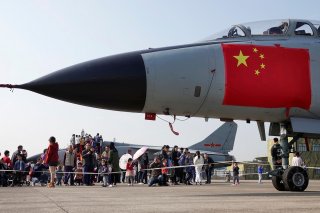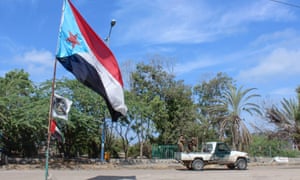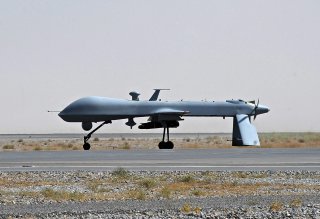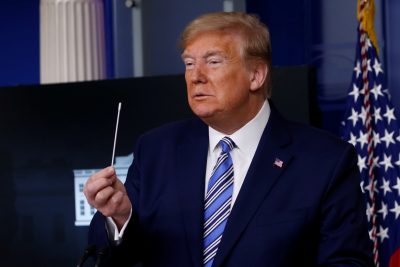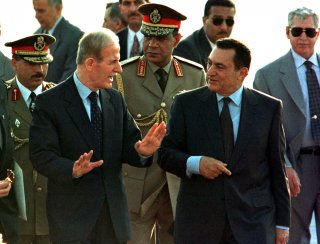P. Stobdan
Taliban’s spokesperson Mohammad Suhail Shaheen recently told to an Indian audience through a webinar speech that it wants to build ties with India and even willing to enact a law against foreign terror groups conducting operations against any other country.
Should India take the Taliban seriously? No doubt, the Taliban was created by Benazir Bhutto and her Interior Minister Naseerullah Babar in 1992 when they decided to revamp General Zia’s and Hamid Gul’s Afghan policy by abandoning the old Afghan Mujahideen networks. They did it with the patronage of traditional Jamaat-ul-Ulema-Islam (JUI) led by Maulana Fazlur Rahman.
When the Rabbani regime refused to toe Islamabad’s line, the ISI, CIA and Saudi General Intelligence Presidency (GIP) militarily worked to get the Taliban to power in October 1996.
Incidentally, Taliban was raised by ISI in the year when the Durand Line Treaty of 12 November 1893 was set to run out its 100-year validity in 1993. As per the treaty, the Khyber Pakhtunkhwa was to be returned to Afghanistan on the lines of Hong Kong’s return to China in 1997. Delhi strangely kept mum on it!


